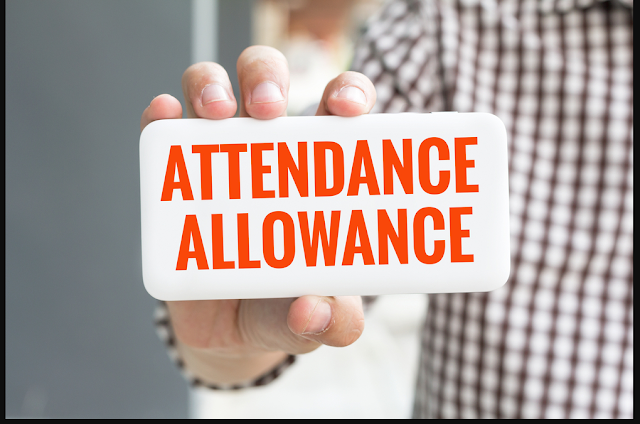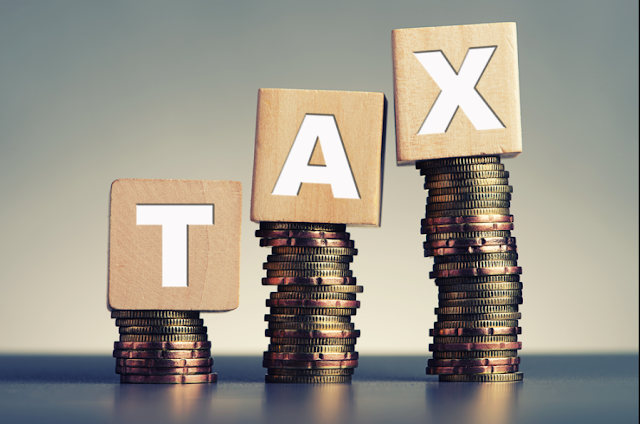GST Vs VAT: What is the difference?
Value Added Tax (VAT).
Value-added tax (VAT) is distinct from sales tax. Sales tax and VAT are both indirect taxes, in which a tax is collected by the seller and then paid or remitted to the government by the buyer. Sales tax and VAT are frequently conflated in the corporate tax community. Here is a more detailed explanation.
The difference between sales tax and value-added tax (VAT)
Sales tax is collected by the retailer at the end of the supply chain. End consumers pay sales tax when they purchase goods or services. Businesses don't have to pay sales tax when purchasing supplies or materials that will be resold. Until the sale is complete, no sales tax is collected, and tax jurisdictions don't receive tax revenue.
Import tariffs are applied at every stage of the supply chain. This concept is recognized across all aspects of the VAT system. Additionally, all parties within the supply chain charge VAT on their sales. To get a credit for VAT paid on a tax return, small business accountants must keep track and document VAT charged on purchases. A VAT regime pays tax revenue throughout the supply chain, not just at the point of sale to the final consumer.
VAT collection is required whenever:
- permanent establishment – existing facility, bookkeeping, or ability to enter contracts
- the registration threshold for taxpayers conducting business in a tax jurisdiction
- A particular activity forces you to go for VAT registration (e.g. legal services)
Sales tax and Value-Added Tax (VAT) collectors.
The seller is required to collect and remit sales tax, but buyers sometimes need to collect sales tax instead.
Invoicing
- the seller should charge sales tax.
- In most countries where VAT is collected, prices are tax inclusive.
Sales by businesses are taxable
- No sales tax is collected from resellers of items purchased to be resold.
- Revenues in this department include sales tax and any purchase taxes customers pay.
Verify sales tax and VAT risk
- Sales tax: Vendors who resell must keep valid exemption certificates on file or risk a tax audit resulting in taxable sales.
- Every business must keep invoices for purchases documenting VAT payments to claim VAT returns.
Timing of tax revenues
- A sales tax is collected on the sale of goods to the end customer.
- Value Added Tax: VAT is distributed much earlier than tax revenues are collected because of it.




Comments
Post a Comment